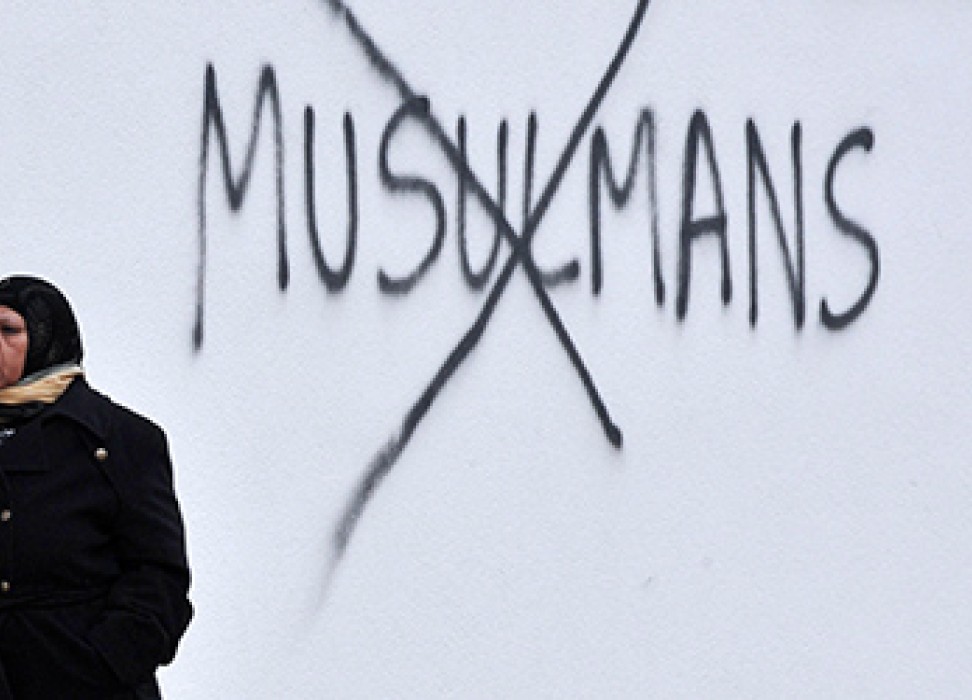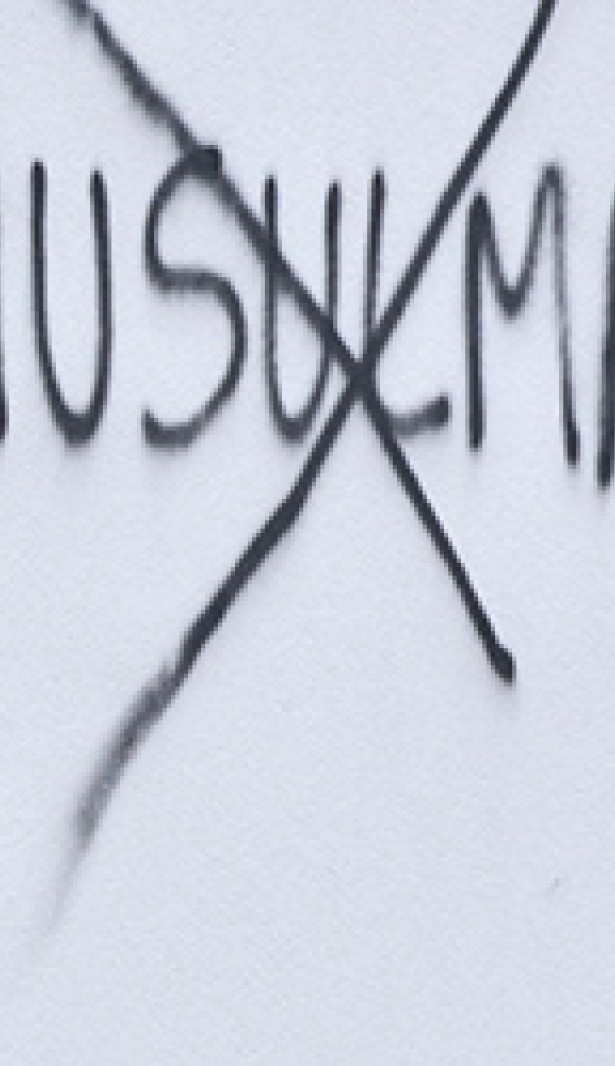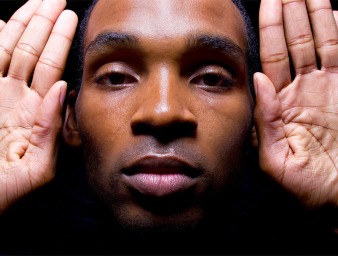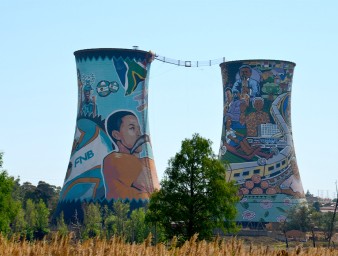The spectre of nationalistic and xenophobic politics looms over migrants and refugees
14 September 2016

“It seems the world has returned to an era where the unjustifiable ‘fear of the other’ is normalized, and where politicians are stoking these fears and growing uncertainty, blaming refugees and migrants for their own failures to find durable solutions to economic and security crisis,” says UN expert on racism and human rights, Mutuma Ruteere.
The Rapporteur is concerned that the increasing movement of refugees and migrants has been exploited by political leaders to fan the embers of latent xenophobia and racism into the flames of abuse, hate speech, prejudice and in some cases violence.
In too many parts of the world electoral campaigns have seen an increased use of xenophobic utterances and discourse as part of mobilization of support. Such strategies are incompatible with democratic principles and with international human rights norms, Ruteere points out.
“We are seeing a trend in the increase of extreme and narrow nationalism. Stigmatisation and scapegoating of those perceived as foreigners has led to the exclusion of certain people from the protection of the law,” the expert says.
“We would like to stress that the failure by states to take decisive action against this growing xenophobic and racist utterances and discourses by political leaders is establishing a dangerous standard that the discriminatory and racist treatment of individuals on account of their national origin and migratory status is acceptable in open and democratic states.”
The expert stresses that the freedom of speech argument is not an acceptable justification for vilification of certain groups of people who are made to carry the burden of all failures in given societies.
“We have heard that in some places groups of vigilantes galvanised by inflammatory political discourses have taken upon themselves to expel migrants and refugees from their communities,” he says.
“We do not consider some administrative and legislative initiatives to ban certain dress codes, attempts to systematically associate groups of people with terrorism and argument about the incompatibility of cultural minorities with the values and principles of a given nation to be consistent with the principles of democracy and human rights. We caution that it is similar arguments in the 1930s that set the stage for conflict and violence against groups and nationalities” the experts add.
On the occasion of the UN Summit for Refugees and Migrants due to take place in New York on 19 September, Ruteere urges world leaders to commit to take urgent measures to condemn political leaders, parties and movements that base their campaigns on platforms that stigmatize minorities, migrants, refugees and to provide the leadership necessary to protect these vulnerable groups.”
The expert also points out that political leaders have the political and moral responsibility to condemn and counter all political messages fuelling racism and xenophobia. A strong message against impunity is also necessary to effectively tackle xenophobia and discrimination against refugees and migrants who remain peripheral in the justice system.
“In order to safeguard democratic ideals, and fundamental human rights principles as well as the rule of law, governments need to ensure that those promoting discriminatory and xenophobic discourse and attitudes against refugees and migrants are publicly denounced and held accountable,” Ruteere says.
On 19 September 2016, the United Nations General Assembly will convene a Summit for Refugees and Migrants in light of the need for greater international solidarity in response to large movements of migrants and refugees. This is the third article in a series covering the issue of migration and human rights ahead of the UN Summit.
14 September 2016




